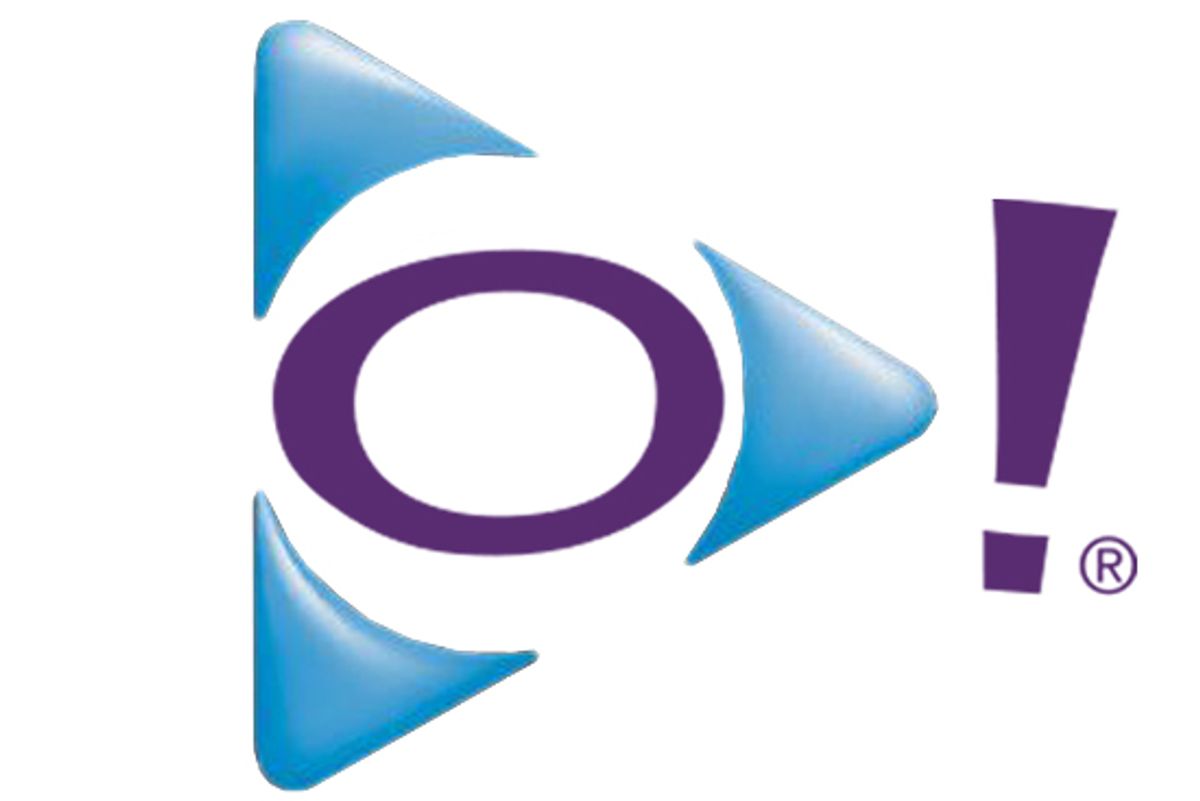Not long before he quit as CEO of the company he co-founded, Yahoo's Jerry Yang was on a conference stage with the company's then-president, Sue Decker. Asked to explain what business Yahoo was in, they rambled and fumbled -- and pretty much confirmed outsiders' sense that the company was rudderless.
The current CEO, Carol Bartz, has been no more coherent as she tries to make sense of the company's many facets. And if a rumored deal to combine Yahoo with AOL really is in the works, the next CEO will have even more complexity to sort out, not to mention a mountain of combined challenges.
The possible deal is being pitched, according to the Wall Street Journal, as a takeover of Yahoo by the much-smaller AOL with the help of some private equity firms and a spinoff of a lucrative asset, Yahoo's 40 percent share in China's Alibaba Group. The biggest winners, if this thing happens, are certain to be the investment bankers and lawyers.
Cue the wiseguy commenters, in any event, who are pretty much echoing what former Sun Microsystems (now part of Oracle) CEO Scott McNealy joked about Hewlett Packard's decade-ago buyout of Compaq: a "slow-motion collision of two garbage trucks." My current favorite insult launched at the proposed Yahoo-AOL deal comes from GigaOM's Matthew Ingram, who calls it "failure squared."
But there's actually some sense in this combination of two admittedly tarnished brands. Both companies are fundamentally in the media and advertising business. While they do other things as well, they primarily aggregate eyeballs with a variety of products and services, and monetize with ads. Oddly, given its history, AOL is more of a cipher in public perception these days than Yahoo.
Yahoo used to be a leader in news aggregation, and as the Atlantic's Alex Madrigal notes, a link from Yahoo News to your site is a traffic boost like no other. That lead has disappeared as Yahoo decided to be more like old media and less like the connected, real-time Web that's emerging.
Intriguingly, both companies have been bulking up on journalism they do themselves, adding people to create local sites around the country. AOL is ahead of Yahoo with its Patch unit, but Yahoo has been making a local push that could be powerful if it's really serious.
AOL, of course, is tied to the most awful merger in history: its 2000 buyout of Time-Warner at the height of the 1990s Internet bubble, financed largely by AOL's ridiculously inflated stock price at the time. (The people and institutions who got really screwed in that deal were the Time shareholders.) Yahoo, meanwhile, is known for the buyout it foolishly spurned, Microsoft's 2008 bid at a much higher price than the shares are worth today.
Bartz keeps asking for more time to turn Yahoo around. If she has a genuine vision for the future it's not apparent to me, and the constant stream of departures by real talent tells you something. Meanwhile, at AOL, CEO Tim Armstrong is showing a reasonable clarity of vision about what he wants to do. Maybe he'll flop, but at least you can understand the media-advertising strategy.
But there's still lots of talent left at Yahoo. It's not too late to make more of it.



Shares